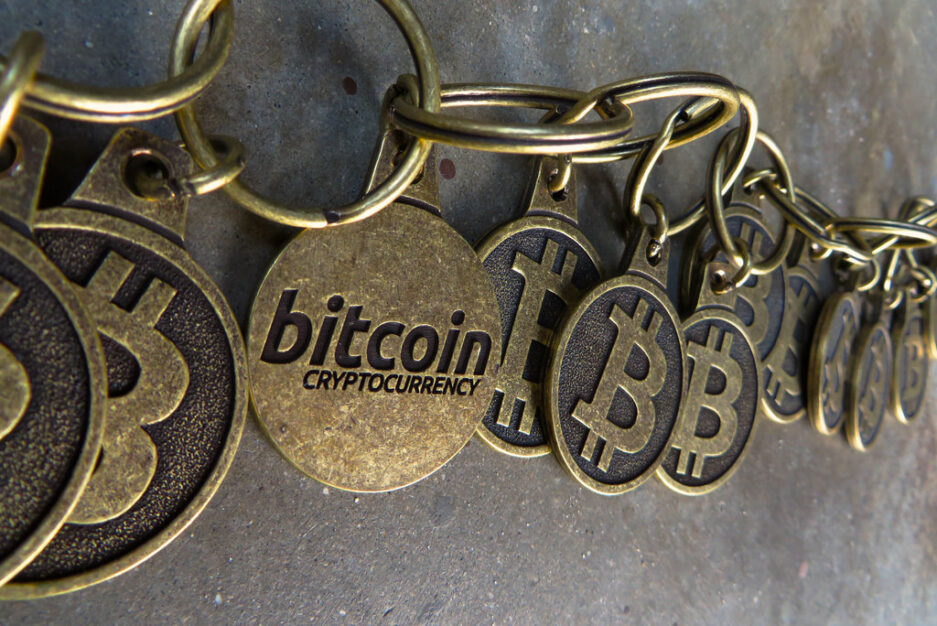3 Ways That The Blockchain Will Change The Real Estate Market
CREtech Blog

The emerging technology known as blockchain has the potential to revolutionize the real estate industry. A blockchain creates a digital ledger shared amongst a computer network. Whenever an information change is proposed, all the authorized participants run complicated algorithms to verify the data’s legitimacy and approve the proposed transaction. This system allows authorized participants to update the ledger’s data without needing a central verifying authority.
Bitcoin is the originator of the blockchain technology, but a recent article on Fortune magazine reported over 40 of the world’s top financial firms are exploring using the technology. Other innovators are experimenting with applying blockchain tech to business dealings outside the financial world. There are platforms and software-as-a-service (SaaS) providers adapting the technology for real estate. Blockchain tech could change the industry in three key ways:
#1. Cut out the middlemen
Real estate transactions are slow thanks to the numerous parties involved in the transfer of property. The whole process starts with agents and brokerages, and is followed by contracts, an escrow company, a title company, a wide range of inspectors from multiple entities, financial institutions, potentially government offices, notary publics, and lawyers. All these steps exist under the guise of securing your transaction or because they have access to information the buyer or seller does not.
Enter a blockchain. While it can’t speed up the time needed for appraisals, inspections, and the steps required by government offices, it can improve the financial side of the process by cutting out the escrow company. The point of escrow is to protect the buyer and seller by using a third party verification. Blockchain becomes that third party, by using its distributed database to verify the financial, legal, and physical attributes of a property using data that is immediately online. The blockchain records the property’s history of transactions. With escrow costs running 1-2 per cent of a sale, moving to a blockchain has a significant potential for financial savings.
Blockchain takes another step towards reducing the number of steps in a transaction by creating a digital title that is cryptographically secured. The e-title can be transferred to a county recorder’s office, notary, and buyer and seller instead of obtaining signatures in person or waiting on the mail system. Cook County, Illinois, is among the first government agencies to experiment with blockchain technology with its Recorder of Deeds Office.
#2. Transparent Transactions
The entire history of a blockchain transaction is recorded and secured with cryptography. A buyer and seller can easily view all the necessary data for a transaction. If a property is assigned a unique address, its property ownership can be quickly and easily verified. Repairs and refurbishments can be documented, as can the recorded costs of maintaining the property. The same is true for a buyer’s financial data, skipping the need for obtaining records from banks and sending to real estate agents and lawyers. The industry is abuzz with the possibility of blockchain smart contracts to speed up and clarify the transfer process.
#3. Fraud Prevention
Real estate fraud is a significant problem in the industry, costing billions of dollars each year. It’s easier than ever to digitally recreate forged documents, notary seals, and property deeds. One common scam is when con artists use a real listing’s photos and information to advertise another property and collect a down payment or deposit. A blockchain makes title fraud and document forgery difficult and tampering near impossible. By creating a unique digital address for the saved properties, con artists can’t sell or advertise properties they don’t own. It reduces the cost involved in verifying ownership, rights, and title transfers.
The real estate technology industry has made strides to speed up and improve the buying and selling process. Blockchain is the next step for making that transaction faster and more secure than existing processes allow. Companies like Ubitquity and Velox are experimenting with the technology in real estate, and Sweden is a pioneer in implementing blockchain for real estate transactions. Expect to see more development in blockchain technology in the near future.
